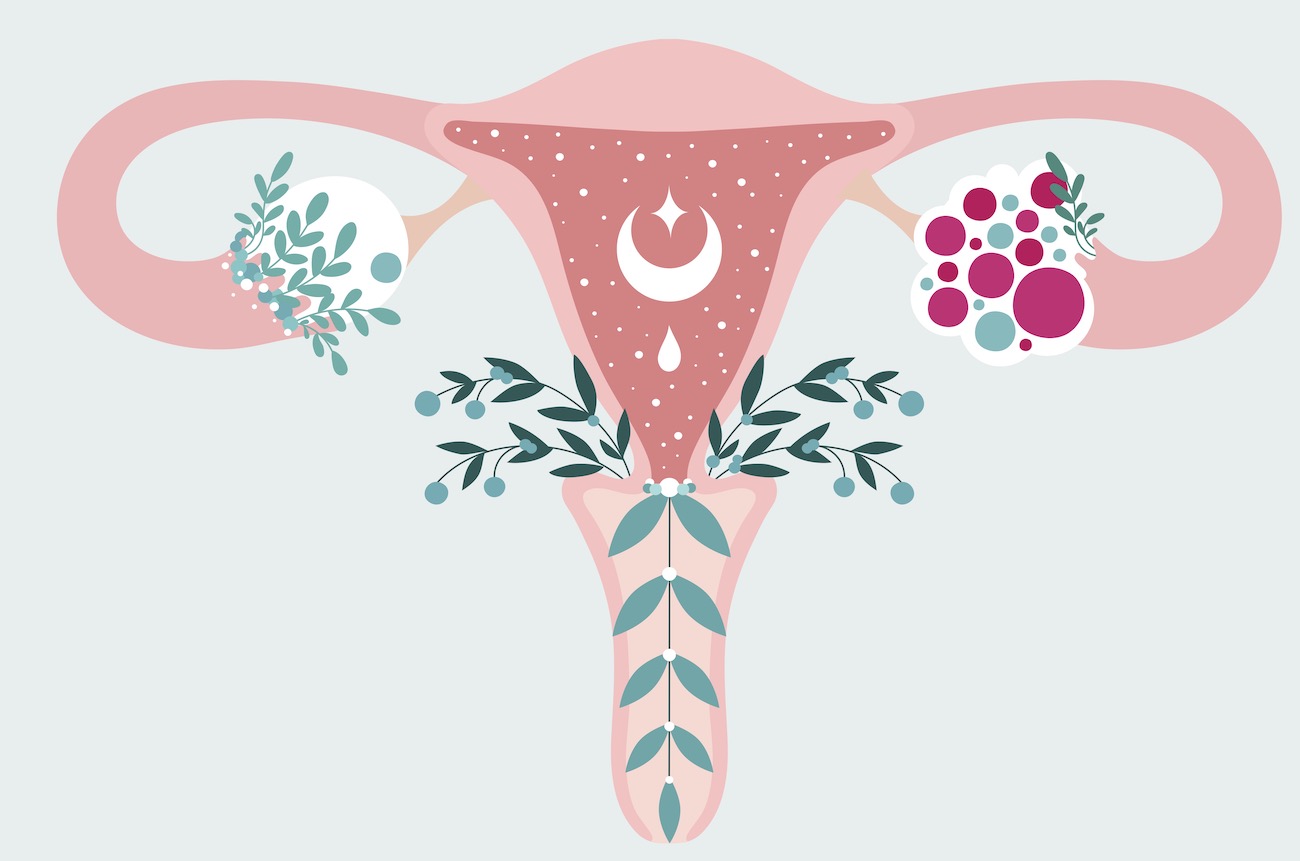Male fertility is often assessed through three key semen parameters: motility (the ability of sperm to move efficiently), volume (the amount of semen produced), and morphology (the shape and structure of sperm). Up to 50% of infertility cases have a component of male infertility, yet the importance of improving male fertility is often undervalued. Improving these factors can significantly boost the chances of conception. Below is a guide on how men can optimize their semen quality through natural methods, medical interventions, and, when necessary, surgical treatments.
Supplements
You may have heard of male fertility supplements, but it is time to dig in to learn why these nutrients are vital for sperm health.
Zinc: Improves: Motility, Morphology, and Volume
How it works: Zinc is essential for sperm development and plays a role in maintaining normal testosterone levels, which are crucial for semen production. Studies have shown that men with low zinc levels often have poor sperm quality. Supplementing with zinc can improve sperm concentration, motility, and morphology.
Coenzyme Q10 (CoQ10)- Improves: Motility, Morphology
How it works: CoQ10 is a powerful antioxidant that protects sperm from oxidative stress, which can damage sperm DNA and reduce motility. Supplementing with CoQ10 has been shown to increase sperm count and improve the shape and motility of sperm.
L-Carnitine-Improves- Motility
How it works: L-Carnitine helps transport fatty acids into cells for energy production. For sperm, this boost in energy enhances their movement and activity. Studies have shown that L-Carnitine supplementation improves sperm motility, particularly in men with low sperm counts.
Omega-3 Fatty Acids-Improves: Morphology, Motility
How it works: Omega-3s improve the fluidity of sperm membranes, which is crucial for motility and morphology. A diet rich in omega-3 fatty acids, either through supplements or food sources like fish, can enhance sperm shape and movement.
Folic Acid and Vitamin B12-Improves: Morphology, Volume
How it works: Folic acid, especially when combined with B12, is crucial for sperm DNA synthesis and cell production. These supplements help improve sperm concentration and morphology, making them vital for men with fertility concerns.
Vitamin D-Improves: Volume, Motility
How it works: Men with low vitamin D levels tend to have lower sperm quality, including reduced semen volume and motility. Supplementing with vitamin D can help normalize these parameters, leading to improved fertility outcomes.
Selenium-Improves: Motility, Morphology
How it works: Selenium is another antioxidant that reduces oxidative stress and protects sperm cells. It improves sperm motility and morphology, particularly in men experiencing infertility.
Lifestyle Changes
While supplements are often first considered when addressing sperm health, perhaps more importantly, there are many lifestyle modifications that can help improve sperm health. Some common habits may actually be lowering your sperm health, and thus limiting these activities can result in drastic improvements quite quickly. Let’s dive in.
Diet-Improves: Motility, Morphology, and Volume
How it works: A diet rich in antioxidants, vitamins, and minerals can significantly enhance sperm quality. Foods like leafy greens, berries, nuts, seeds, and lean meats provide essential nutrients that boost sperm health. Avoiding processed foods, trans fats, and excessive sugar is crucial for maintaining optimal sperm production.
Exercise: Improves: Volume, Motility
How it works: Regular exercise helps maintain a healthy weight and balance hormone levels, both of which are important for sperm production. However, excessive exercise, especially endurance training, can have the opposite effect by lowering testosterone levels.
Reduce Stress-Improves: Motility, Morphology, and Volume
How it works: Chronic stress elevates cortisol, a hormone that can reduce testosterone levels and impair sperm production. Mindfulness practices, such as meditation or yoga, can lower stress levels and help improve sperm quality.
Quit Smoking and Limit Alcohol-Improves: Motility, Morphology, and Volume
How it works: Smoking and excessive alcohol consumption can damage sperm DNA, lower testosterone levels, and reduce semen volume. Quitting smoking and limiting alcohol intake can significantly improve semen parameters.
Maintain a Healthy Weight-Improves: Motility, Morphology, and Volume
How it works: Obesity negatively affects hormone levels and increases oxidative stress, leading to poor sperm quality. Losing weight through a balanced diet and regular exercise can help improve sperm count, motility, and morphology.
Avoid excessive sources of heat- Improves Motility, Morphology, and Volume
How it works: Exposure to heat sources to the male genitalia can negatively impact all parameters of sperm health. This may include hot tubs, body heat due to working conditions, and saunas, for example. By helping to maintain appropriate temperatures, improvements can be made across all semen parameters.
Medications
While not often the first step men take to address sperm health, sometimes medical intervention is recommended to help men reach their fertility goals. Urologists and Reproductive Endocrinologists commonly prescribe medications and monitor semen analysis results for improvements. These medications may include:
Clomiphene Citrate (Clomid)-Improves: Volume, Motility
How it works: Clomiphene is a medication typically used to treat low testosterone levels. It stimulates the brain to produce more luteinizing hormone (LH) and follicle-stimulating hormone (FSH), which in turn boost testosterone production and sperm count. This medication is particularly useful in men with low sperm volume and motility.
Human Chorionic Gonadotropin (hCG)-Improves: Volume
How it works: hCG is an injectable hormone that increases testosterone production, which can help improve sperm volume and concentration. It’s commonly used in men with hypogonadism or low testosterone.
Antioxidants (Prescribed)-Improves: All three (Motility, Morphology, Volume)
How it works: Some doctors may prescribe high doses of antioxidants like vitamin E and C to combat oxidative stress, a common cause of male infertility. These antioxidants work by neutralizing free radicals, protecting sperm from damage, and improving all three semen parameters.
Surgical Interventions
When the underlying cause of male infertility is a physical impairment, such as a varicocele, surgical intervention may treat or improve the sperm issue. Some common surgeries related to sperm are:
Varicocelectomy-Improves: Motility, Morphology, and Volume
How it works: A varicocele, or enlarged veins in the scrotum, can impair sperm production and quality by raising the temperature in the testicles. Surgery to correct a varicocele, known as a varicocelectomy, improves blood flow and reduces testicular heat, leading to better sperm motility, morphology, and volume.
Vasovasostomy (Vasectomy Reversal)-Improves: Volume, Motility
How it works: Men who have had a vasectomy can sometimes restore fertility through a vasovasostomy, which reconnects the vas deferens, allowing sperm to be released again. This surgery improves sperm volume and motility, potentially restoring natural fertility.
Improving semen parameters can be achieved through a combination of supplements, lifestyle changes, medications, and, when necessary, surgical procedures. For many men, simple changes like adopting a healthier diet, reducing stress, and taking specific supplements can have a significant impact on sperm quality. For others, medical treatments or surgeries may be needed. In all cases, addressing male fertility is an essential part of the journey toward conception.




